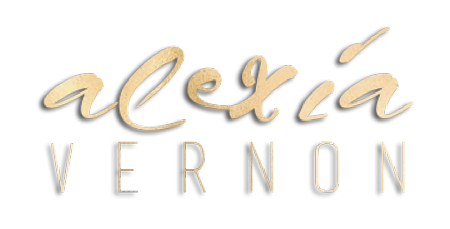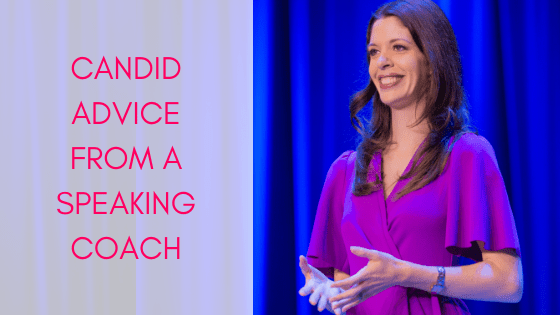“I’m so excited. I’m so excited. I’m so excited. I’m so….scared.”
I have always loved the Saved by the Bell episode when Elizabeth Berkley utters these words mid-meltdown. Fortunately, unlike Berkley’s character, Jessie Spano, I’ve never had an addiction to caffeine pills; but I have unsuccessfully dated perfectionism most of my life. And there is nowhere a perfectionist’s anxiety surfaces more than in her public speaking – even if you are a speaking coach like me.
And for fellow coaches, consultants and experts, it’s one thing to know that public speaking can be a key way to spread our important ideas, connect with our ideal clients, and advance our thought leadership; but this knowledge and awareness doesn’t necessarily prevent us from choking when we speak and making other common speaking mistakes.
It’s extraordinary, and I don’t mean in a good way, how when we are on the cusp of saying something big we often amp ourselves up with somewhat manic self-talk.
I’m terrified.
Nobody is going to like this (or me!).
Just try a little harder, Lex. You have to say this better.
Practice one more time. (And by one more, I usually mean 7 more!).
As a speaking coach, I espouse that the best speaking is extemporaneous.
It’s planned, rehearsed, key points (especially engaging questions) are memorized, and then the rest is found in the moment while demonstrating real communion with an audience.
The words we are going to speak out loud are only one facet of our performance. Another, equally important component, are the words we are speaking to ourselves.
Whenever people tell me they are scared of public speaking, or that they choke when they speak (i.e., their voice quavers, they misuse words, or their delivery is stiff), I’m as curious about what they are saying to themselves prior to and while speaking as I am about their content or their speaking style.
The words we speak to ourselves determine the ease with which we deliver our words to an audience.
Nasty self-talk leads to wonky delivery.
To minimize choking when you speak—literally (i.e., too much or too little saliva or difficulty articulating letters and words) or metaphorically (i.e. physiologically going into a fight-or-flight response), every time you practice speaking, also practice the self-talk you want to be performing.
While you may have some positive affirmations such as, “I speak with confidence, clarity, and compassion” or “When I speak, people listen,” prioritize asking a few ‘how’ questions.
How can I make this a fun and worthwhile experience?
How can I trust that I know enough, that I am enough?
How can I choose grace for myself and for my audience?
This makes it easier to ensure you don’t choke when you speak.
We overcome the fear of speaking each time we choose to create and sustain the habit of positive self-talk. And this takes effort, for even the most positive, opportunity-centered person. Even if you are a coach, consultant or expert committed to empowering people or organizations. Or a speaking coach, like you’re truly, committed to showing thought leaders how to speak.


